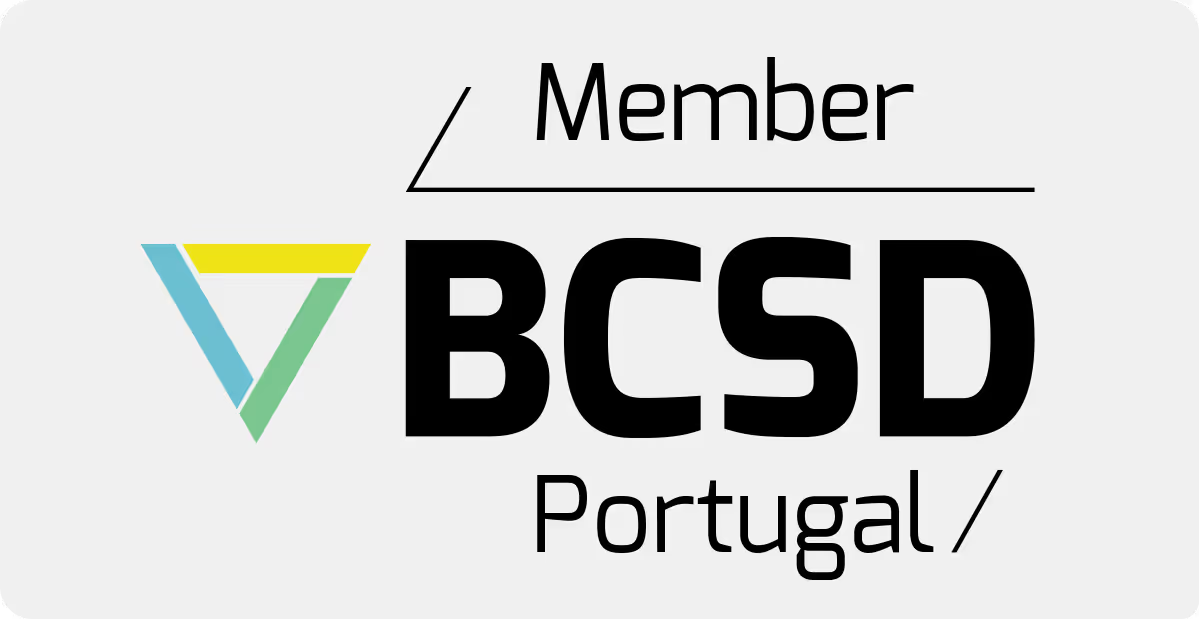
Opinion Article
4 challenges of Artificial Intelligence for Industry 4.0

The role of Artificial Intelligence in the development of Industry 4.0 is the basis of the opinion article by Alan Pinto, Senior Backend Engineer at Adentis. First published in Dinheiro Vivo.
In recent years we have often heard that Artificial Intelligence (AI) is creating great advances in industry and society, but do you know what these algorithms do and what is already being used in the market? We have been in contact with the term AI for years through literature and cinema. Authors such as Isaac Asimov, Philip Dick and others show that art anticipates reality in many ways, but between the transistor and the Replicants, where are we currently? In science fiction we have several humanoid references with AI that think and act like humans, these AIs in human form can be classified as Generalist Artificial Intelligence or strong AI, that is, agents capable of learning activities from different contexts. We have not yet reached this level and we operate with AIs restricted to specific contexts, called weak AIs. We currently create models for some sets of tasks, for example, face detection algorithms use different statistical models from the suggestion of movies on the Netflix platform, or words from your smartphone keyboard. Yes, they all use AI! AI has become one of the main tools for the industry, not only in new services, but also as an enabling technology for the automation infrastructure. Researchers in the area point to a new industrial revolution, where automation and integration of various technologies will match the so-called Industry 4.0 Revolution. Technologies such as AI, IoT, 3D Printing, Cybersecurity, and others, are being integrated to increase the productivity, quality and safety of factory models. technology terms. We have several challenges to overcome until the supposed migration takes place. We can observe countries that have factories in different stages, with industry models 2.0, 3.0 and now 4.0 coexisting in the update. This shows how expensive an entire industrial park replacement can be. Therefore, the most common approach is to perform this transition in different stages. AI can help at this stage. The replacement of various industrial equipment in a process can be unfeasible, but the sum of services and sensors can take these machines to another level. Imagine a conveyor belt through which products have always passed. In old systems visual inspection was manual, subject to flaws and imperfections. It is currently possible to perform a quality visualization through cameras, adding AI to a traditional model. These changes can transform factories with little automation and monitoring (brownfield), into industries with greater operational efficiency and safety, using these two technologies in various processes (greenfield) through sensors and AI. reduction of errors, of costs, and increase of revenue, however each entity will have its activities and processes. Some challenges are common and can be solved with AI, let's see some of them:
Predictive maintenance: Measure and predict the ideal operation of equipment through the use of sensors, in order to define the ideal time for maintenance or replacement of equipment in order to keep production running with good indicators. Currently, there are AI techniques that indicate the best actions to be used to increase the efficiency and lifetime of equipment, also called prescriptive maintenance;
Automated inspection: Identify faults and intelligently track products using various sensors on the production line. Visual inspections can be carried out through cameras with several integrated sensors, such as thermal vision, distance estimation, among others;
Human-Robot Interaction: Assist and automate various risky or critical activities through AI robotics applying autonomous driving and well-tuned specific movements for different types of activities in the industrial sector;
Smart supply chain: Assisting various activities in the logistics chain, such as tracking and security of products and services applied in conjunction with IoT and Cybersecurity, intelligent planning of activities and resources, assistance in human decision-making for management, among others;
Many other challenges in the industry can be helped by AI, according to the context and activities that are inserted. A more in-depth study should be carried out to assess how these techniques can be applied to improve the operational efficiency and effectiveness of strategic and management processes.








